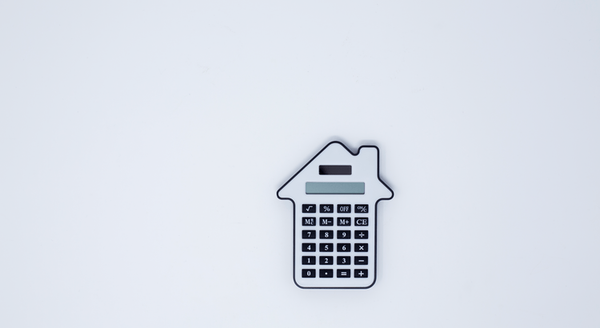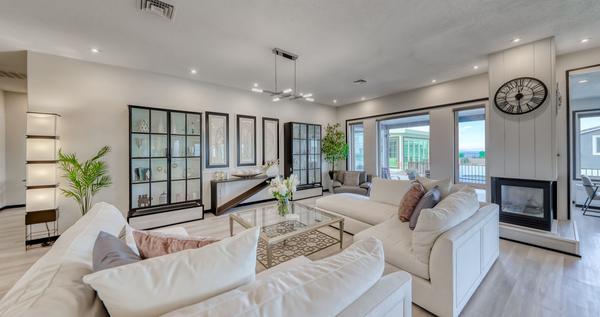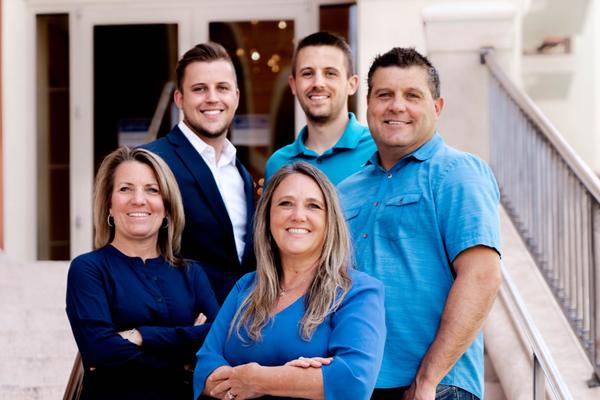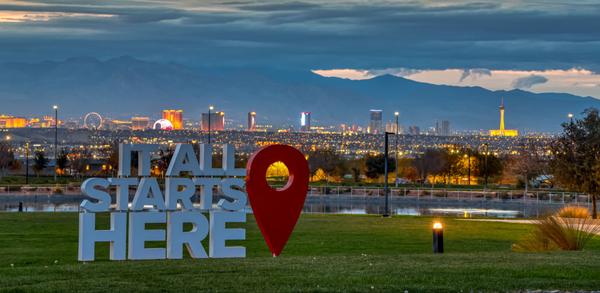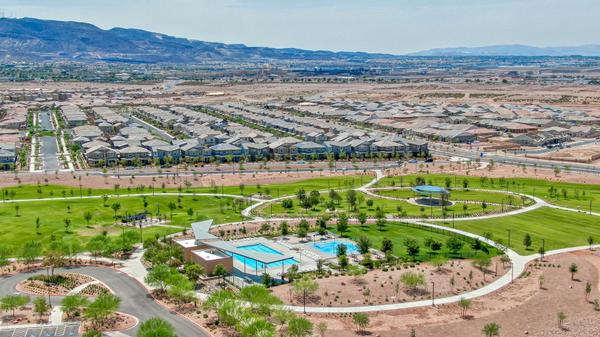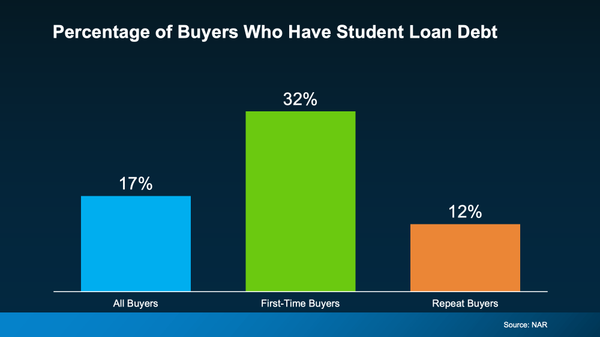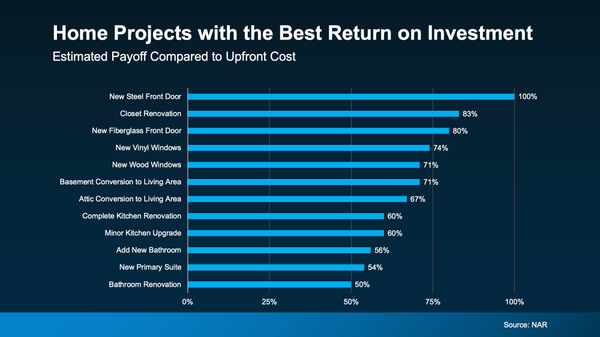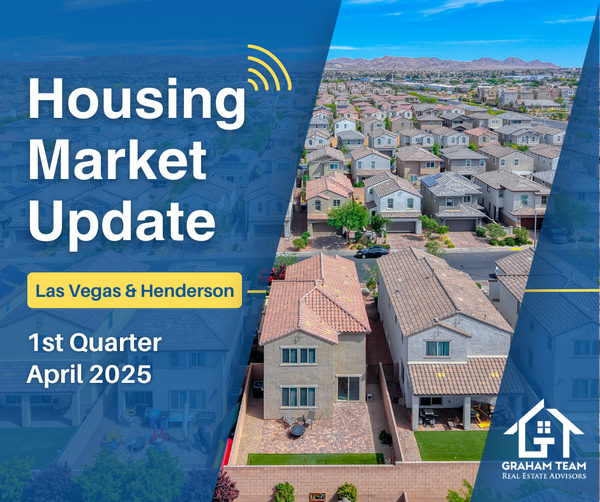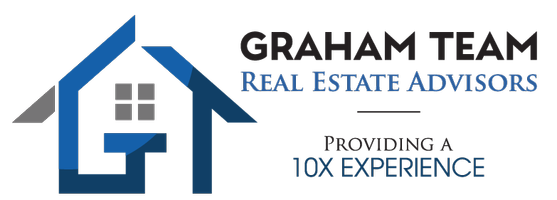What are closing costs?
By this point, you’re almost to the finish line. And as closing day nears, it’s time to shift gears and think about the costs associated with it. Closing is defined as the point in time when the title of the property is transferred from the seller to the buyer. At that time, a variety of closing costs, or lender and third-party fees, are paid. Closing costs can be incurred by either the buyer, or the seller. These fees typically range from 1.5 to 3 percent of the purchase price of their home in closing fees and do not include your down payment.
Before submitting an offer, you should talk to your real estate advisor to see how closing costs are outlined in the purchase and sale agreement. You will understand what you will be responsible for on closing day, what the anticipated closing fees are and who is responsible for paying what portions. Your home loan provider is required under federal law to provide you an estimate within three days of a completed loan application. This estimate includes loan fees the lender will charge, and they will also provide an estimate for title/escrow in this estimate. Three days before signing your loan paperwork the lender will issue the final fees, called the Closing Disclosure. Under federal law, the lender cannot charge you any amount over the fees on the disclosure. If they make a mistake, then they cannot charge you. About this same time, Escrow will provide their estimated settlement statement, which they have coordinated with the Purchase Agreement terms, the lenders fees and will include title/escrow fees and prorated costs.
What types of fees can I expect?
Lender Closing costs will cover recurring (ongoing expenses) and non-recurring (one-time) fees that are part of your transaction. Recurring closing costs are placed in an escrow account that is managed and administered by a third-party. In Nevada, this is normally your property taxes and homeowner’s insurance. The lender pre-collects through the year, and then makes the payments when they are due on your behalf. Non-Recurring closing costs are appraisal fees, lender’s loan origination and doc prep fees.
Escrow and Title costs will be shared as indicated in the purchase and sale agreement, this includes the escrow settlement fees, title insurance, recording fees, mobile notary and inspection fee.
The prorated items are property taxes, HOA dues, trash and sewer fees. The Buyer reimburses the Seller at close for any fees the Seller paid that covers past the Close of Escrow. If there is a charge paid in the rears, such as trash & sewer, the Seller will pay for the time they own the property and the Buyer will pay amount due for the time they own the property.
Other costs that a Buyer can expect to see at closing can include items such as, if not paid by the Seller, Home Warranty, HOA transfer fees, Brokerage Transaction Fee.
As we mentioned, a typical transaction in Nevada with a loan will range between 1.5-3% of the Purchase Price.
There are many options to help reduce the out of pocket expenses to Buyer. As you’re preparing, it’s best to think about closing costs well before you reach the closing table. Speak with the Graham team and the home loan lenders you are considering and ask to review closing cost estimates. Having a baseline of expected costs will be helpful as you estimate the cash you need to bring to the closing table. That way, closing day is focused on stepping into your new home, rather than surprise fees.
Please reach out to us with any questions you have about closing costs, or about the homebuying process.
Categories
Recent Posts
